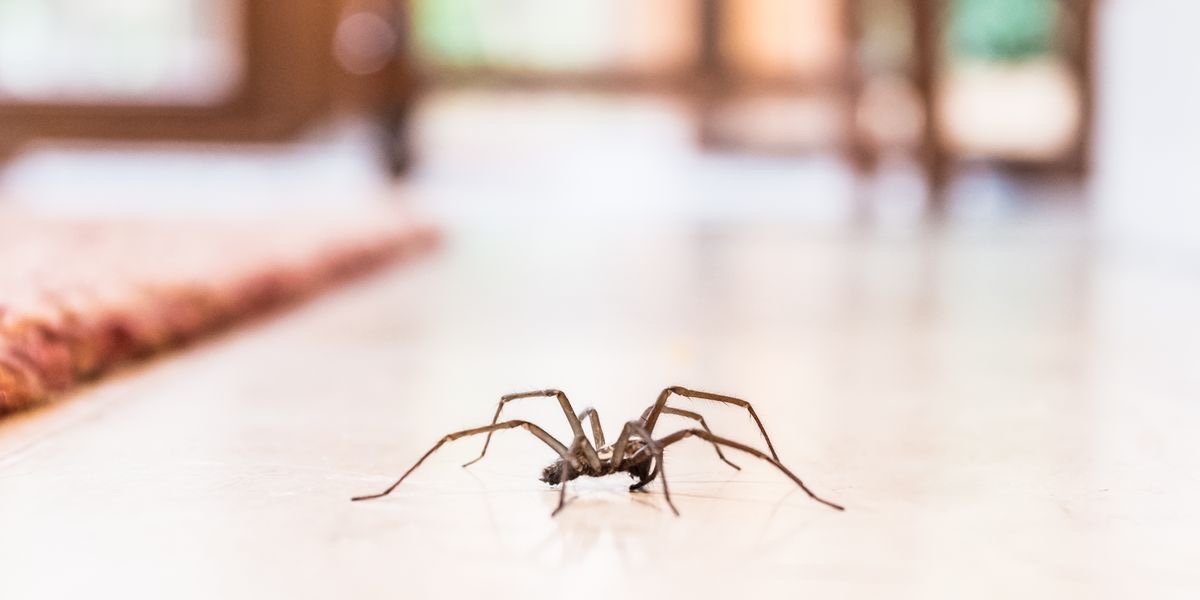I always feel pretty good about myself when I relocate a spider from the house to the garden. But the experience probably feels different for the spider.
If the two of us could talk, the conversation might go like this:
“What the hell? What’s happening?”
“I’m taking you outside.”
“HELP!”
“I’m not going to hurt you. I’m taking you to the garden.”
“No! Please! No, no, no –“
“Listen, if my wife sees you in the house, she’ll kill you. The garden will be much safer.”
“No, no, no, please –“
“You’ll be fine.”
“Oh god, it feels like I’m going to pass out.”
“I’m sorry you’re feeling this way. Can you try sitting with the discomfort for a second?”
“What?”
“In the human world, we sometimes say that if you — “
“NOT OUTSIDE, I’M BEGGING YOU –“
“Oh Jesus Christ, all right.”
“What just happened? You stopped walking.”
“I stopped so you’d stop screaming.”
“Was I screaming? I didn’t even hear it. It was like I went outside my body …. Are we really doing this? ARE WE STAYING INSIDE THE HOUSE?”
“Just this one time. But stay away from my wife and kids. They won’t be as nice as I was.”
“I AM SO HAPPY! I HAVE NEVER BEEN THIS HAPPY IN MY ENTIRE LIFE!”
“All right, all right. Just stay out of sight, okay?”
Anyway, this is the conversation I imagine. And in its own absurd way, it feels plausible enough. What appears heroic to one party — I’m saving you! — may feel unwelcome, disorienting, or just plain terrifying to the other, especially when there’s a big difference in size, status, or power. And while there’s always the risk of anthropomorphizing animals and projecting onto them human feelings or behaviors, I think there’s an equal, if not greater risk in the other direction — that is, the under-imagining of an animal’s experience, or the outright ignoring of its plain goals and wishes.
As the writer Melanie Challenger points out in How to Be Animal, we humans have largely forgotten that we’re animals ourselves and that all creatures — regardless of species — want some of the same basic things, including the avoidance of pain, injury, captivity, or premature death.
If you ever stop and watch a spider spin a web, it makes you think twice about sweeping away the next web you see. So much patience and precision go into it! And where the hell is all that silk coming from? Up close, it looks like a magic trick.
Spiders are associated symbolically with creativity, especially storytelling (‘weaving a web’). So as a writer, maybe I appreciate that aspect, too. Maybe I see them as kindred spirits.
Now it’s true that a spider likely lives more in the moment than humans do. Once I plop him down in the garden, that’s his new reality. He’s not looking back in time or bemoaning his fate. But also, there are more predators outside the house. In my attempt at mercy, I may not really have helped him much.
For now, I’ll look the other way and pretend I don’t see the next spider which crosses my path in the house. But generally, if I’m relocating one, it’s because someone in my family has become aware of its presence and is pretty focused on its prompt removal. My family has less patience for ethical dithering. (My specialty!)
I’ll continue to study the problem and report back. All things being equal, I prefer not to cause panic — for my family or the spider.
Originally published on https://kittroyer.wordpress.com/


